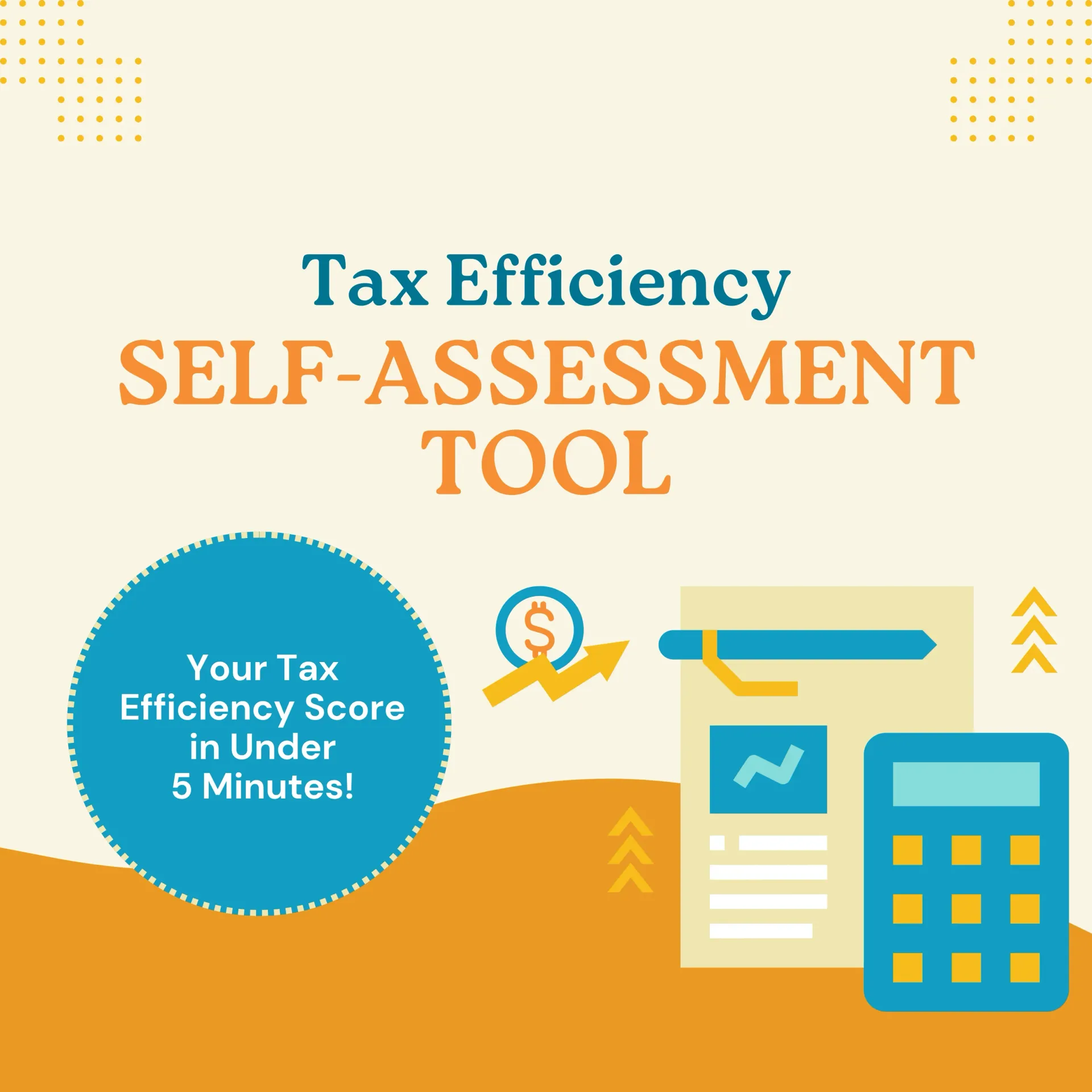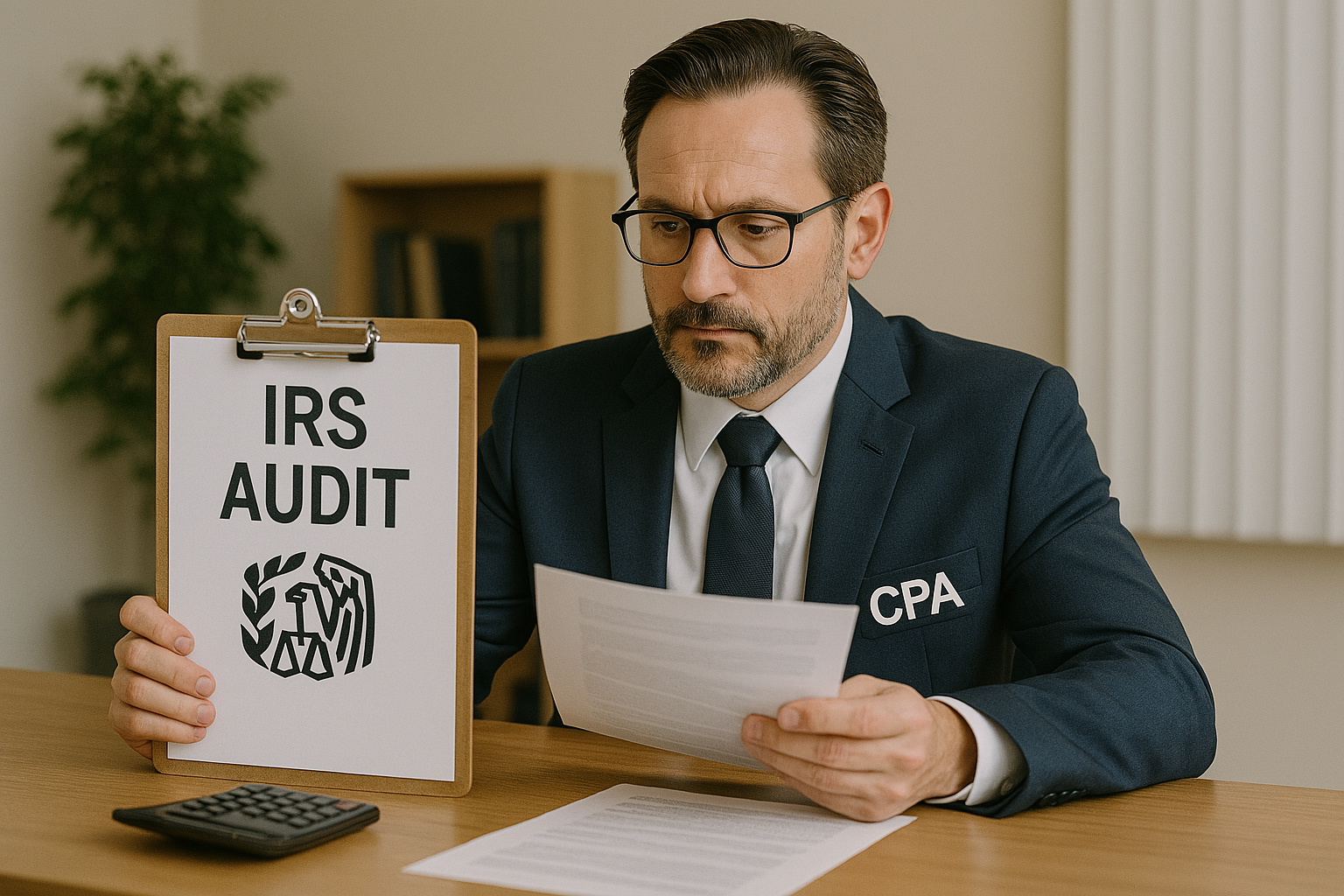Fraud Detection and Prevention: Safeguarding Your Business Against Financial Threats

Fraud is a serious threat that can devastate businesses of all sizes. At Straight Talk CPAs, we've seen firsthand how financial fraud can wreak havoc on companies when proper safeguards aren't in place. But don't worry - with the right fraud detection and prevention strategies, you can protect your business and sleep easier at night. Let's dive into some best practices and real-world examples to help you beef up your defenses against fraudsters.
Best Practices for Detecting and Preventing Financial Fraud
1. Know Your Risks
The first step in fraud prevention is understanding where you're vulnerable. Every business has different weak spots when it comes to fraud risk. Maybe it's your accounts payable process, your inventory management, or your expense reimbursements. Take some time to assess your specific risks so you can focus your efforts where they're needed most.
We recently started working with a small retail business that thought they had tight controls, but they hadn't considered the risk of inventory theft by employees. After doing a risk assessment, they realized this was a major blindspot and implemented new procedures to track inventory more closely. Within months, they uncovered an employee stealing thousands of dollars of merchandise.
2. Segregate Duties
One of the most effective ways to prevent fraud is to separate financial duties among multiple employees. No single person should control an entire process from start to finish. For example, the person who approves purchases shouldn't also be the one cutting checks and reconciling bank statements.
This can be tricky for small businesses with limited staff, but it's crucial. Even if you can't completely segregate duties, look for ways to add oversight. Maybe the business owner reviews and signs all checks over a certain dollar amount. Or perhaps you bring in an outside bookkeeper to reconcile accounts each month as an extra set of eyes.
3. Leverage Technology
These days, there are tons of great tech tools to help detect and prevent fraud. Data analytics software can flag suspicious transactions or patterns. Automated systems can enforce approval workflows and catch policy violations. And cybersecurity measures like multi-factor authentication can thwart hackers and identity thieves.
Don't be intimidated if you're not super tech-savvy. Even simple solutions like setting up automatic alerts for large transactions or unusual account activity can make a big difference. The key is finding tools that fit your needs and budget.
4. Train Your Team
Your employees are your first line of defense against fraud. Make sure they know what to watch out for and how to report suspicious activity. Regular fraud awareness training keeps everyone vigilant.
And don't just focus on finance staff - fraudsters can target anyone in your organization. I once saw a case where a scammer posed as the CEO in emails to trick an admin into wiring funds. If that admin had been trained on common fraud schemes, they might have spotted the red flags.
5. Trust But Verify
A healthy dose of professional skepticism goes a long way in fraud prevention. Don't be afraid to ask questions or dig deeper when something seems off. Double-check unusual transactions or requests, even if they come from trusted employees or vendors.
This doesn't mean you need to become paranoid or create a culture of distrust. It's about finding a balance between trusting your team and maintaining appropriate oversight. Regular audits and surprise checks can help keep everyone honest without feeling overbearing.
6. Learning from High-Profile Fraud Cases
Sometimes the best way to understand fraud risks is to look at real-world examples. Let's break down a couple of infamous fraud cases and the lessons we can learn from them.
7. The Enron Scandal
Enron's collapse in 2001 is still one of the most notorious corporate fraud cases in history. Through a web of deceptive accounting practices, Enron executives hid billions in debt and losses from investors and regulators. When the truth came out, the company imploded almost overnight.
Key takeaways:
- Complex financial structures can be used to hide fraud. Simplicity and transparency in accounting are your friends.
- External auditors aren't foolproof. Enron's auditors, Arthur Andersen, failed to catch the fraud and even helped cover it up in some cases.
- Corporate culture matters. Enron fostered a win-at-all-costs mentality that encouraged unethical behavior.
8. The Bernie Madoff Ponzi Scheme
For decades, Bernie Madoff ran the largest Ponzi scheme in history, defrauding investors of an estimated $64.8 billion. He promised consistent high returns that were actually paid out using money from new investors rather than legitimate profits.
Key takeaways:
- If something seems too good to be true, it probably is. Madoff's steady returns even in down markets should have raised red flags.
- Don't put blind faith in reputation or credentials. Madoff was a respected figure on Wall Street, which helped him avoid scrutiny.
- Diversification is crucial. Many investors lost everything because they put all their eggs in Madoff's basket.
9. Putting It All Together
Fraud prevention isn't a one-and-done task - it requires ongoing effort and vigilance. But by implementing strong controls, leveraging technology, and learning from past cases, you can significantly reduce your risk.
Remember, fraudsters are always evolving their tactics, so your defenses need to evolve too. Stay informed about emerging fraud trends and be willing to adapt your strategies as needed.
At Straight Talk CPAs, we're passionate about helping businesses protect themselves from financial fraud. We've seen how devastating it can be when fraud goes unchecked, but we've also seen the peace of mind that comes with robust prevention measures.
Don't wait for fraud to happen to take action. Start assessing your risks and strengthening your defenses today. Your future self (and your bottom line) will thank you!
Discover Your Tax Savings Score in Minutes!


Salim is a straight-talking CPA with 30+ years of entrepreneurial and accounting experience. His professional background includes experience as a former Chief Financial Officer and, for the last twenty-five years, as a serial 7-Figure entrepreneur.
Recent Posts
Straight Talk CPAs offers virtual CPA and CFO services dedicated to boosting your business profits and minimizing taxes. Our tailored approach is perfect for businesses and individuals seeking personalized guidance from a reliable CPA partner.
Phone: (732) 566-3660
Our Services
Straight Talk CPA's. All Rights Reserved. | Powered by CPA Marketing Genius | Privacy Policy | Terms & Conditions | Disclaimer




